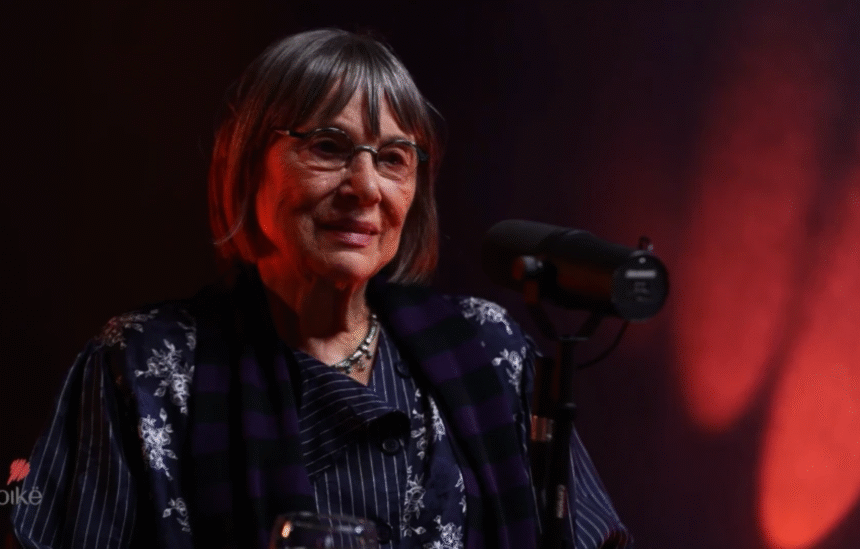In the latest episode of the PIKË podcast, publicist Veton Surroi held a conversation with the founder of the Humanitarian Law Center, Natasha Kandiq, regarding the possibility of a fundamental shift in Serbia’s approach to its past, should protesting students come to power.
Surroi presented a hypothetical scenario in which Serbia’s current president, Aleksandar Vučić, steps down and is replaced by students who have long been protesting. He asked whether such a change would lead to a genuine reckoning with past crimes, including unresolved cases such as the refrigerated trucks carrying corpses, the Bytyqi brothers case, or the Berisha family massacre.
Kandiq responded with skepticism, stressing that there are still major doubts as to whether such a transformation is possible. She cited a concrete example from a meeting with students from the former Yugoslavia, many of whom were unaware of Kosovo’s Day of the Missing or massacres like the one in Meja. Nevertheless, she acknowledged that a glimmer of hope does exist, sparked by new student-level interactions that transcend ethnic and historical divisions.
She highlighted one notable case where protesting Serbian students traveled to Croatia and, despite lacking knowledge about the painful past of cities like Osijek or Virovitica, were warmly received by their Croatian peers and even local officials. This new form of communication, as she called it, is a small ray of hope for a generation that could build new relationships in the region, moving beyond the legacy of conflict.
“I’m afraid to speak of this small hope but it exists,” Kandiq added.







